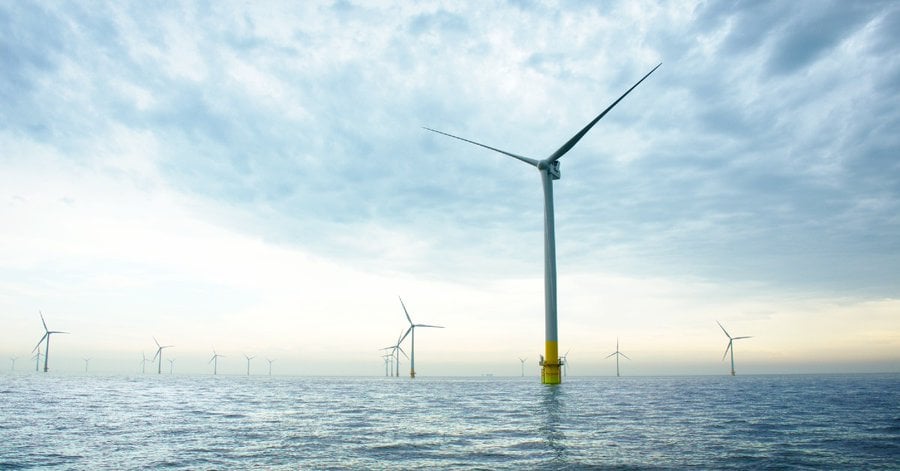Dutch Not Surprised as Offshore Wind Farm Auction Gets No Bids

The Netherlands Enterprise Agency (RVO) confirmed that it had not received any bids in the latest offshore wind farm auction for the North Sea. While the government was disappointed, they noted that it was not a surprise due to the changing conditions in the industry.
The Netherlands was offering a new site approximately 60 miles off the coast near Texel in the northwest of the country. The site had originally been proposed with a capacity of 2 GW, but the auction was later amended to a 1 GW capacity. The government said the change had been taken to lower the investment risk for developers and to attract more bids. However, the auction, which was proposed without a government subsidy, failed to attract any applications for the construction and operations at the Nederwiek I-A site.
RVO cited rising costs and less demand for electricity than previously expected as factors in the lack of bids. It said that while the market for offshore wind energy has grown rapidly in recent years, the market has recently changed rapidly and significantly. They noted that auctions in Germany, Denmark, the United Kingdom, and Belgium have also failed to obtain bids or were postponed due to limited interest.
“The sustainability of Dutch industry, among others, is lagging behind,” writes RVO. “This has made it more difficult for wind farm developers to conclude long-term electricity contracts before the construction of a wind farm starts. This has reduced their willingness to invest.”
The government highlights that it had already begun planning, noting that the Ministry of Climate Policy and Green Growth had warned the auction might not receive any applications. In September, the Ministry released its plan for the next phase of the offshore wind energy sector.
In 2026, the government wants to issue permits for 2 GW of offshore wind energy capacity. The new plan calls for a subsidy scheme to be introduced, with officials noting that €948 million (US$1.1 billion) has already been reserved for the program in 2026. The next round will also be based on a Contracts for Difference (CFD) process, which will guarantee a minimum price for the generated electricity. When the market price falls below the guarantee, the government makes up the difference in subsidies, and when it exceeds it, the profits go to the country or consumers.
The Netherlands’ government is currently reviewing the sites to be offered in 2026. They plan to release the details of the next round by January, and they believe the new approach will stimulate more interest in the market.
